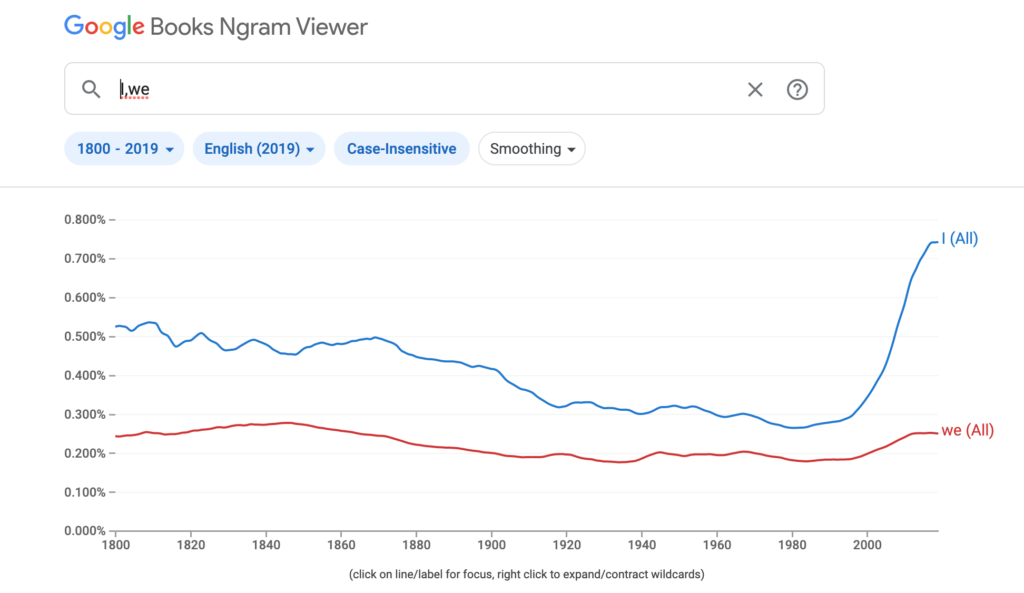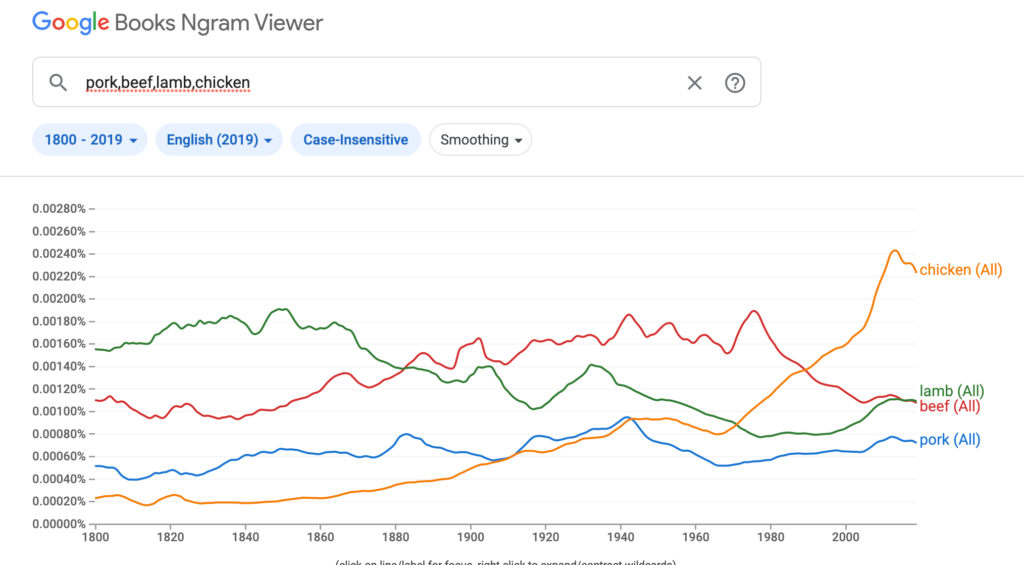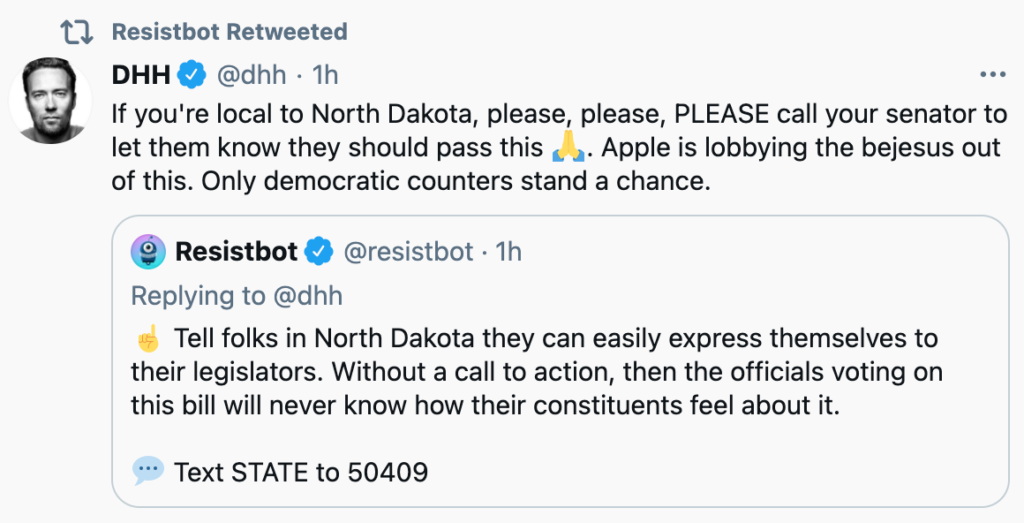The concept of a fediverse or interconnected servers is that multiple independent servers offering the same service exist and are linked. So instead of an approach such as that of Facebook or Twitter in which the same content may come from multiple, tightly integrated machines, a federated service means that users connect to one “instance” of the service, but because the instances are connected can access content or service from other instances. The expression “small pieces loosely joined” used in reference to networks of various types comes to mind. There is a useful differentiation between local and federated content. Instances are typically hosted by individuals or groups with a unique focus that may be identified and this allows users to select an instance suited to their instances and still access the body of the whole. Users may also hold membership in multiple instances. This is the operational way of understanding what is meant by local.
I encourage educational technologists to explore the potential of federated social media services. I encourage a commitment to a federated system simply to encourage competition among social media services and to potentially benefit from the more focused opportunity of an instance more suited to personal interests. Within an instance, the experience is similar to traditional “single host” social media. You work to create your own network of friends (you can extend this network across instances) and you can also see content from the local instance.
Twit.social is a Mastodon instance hosted by Leo Laporte and in the early stages of development has attracted mainly members who subscribe to podcasts from the This Week in Tech (TWIT) network. Mastodon is very similar to Twitter with a larger character limit. Because of the way the instance originated it has a concentrated technology focus and has attracted some educational technologists. An issue I have encountered when joining lesser-known social services is the challenge of building up a personal network. I believe it is easier to build a network when most other participants are in pretty much the same stage of the maturation of a network so I think now is the time to give Twit.social a try.






You must be logged in to post a comment.